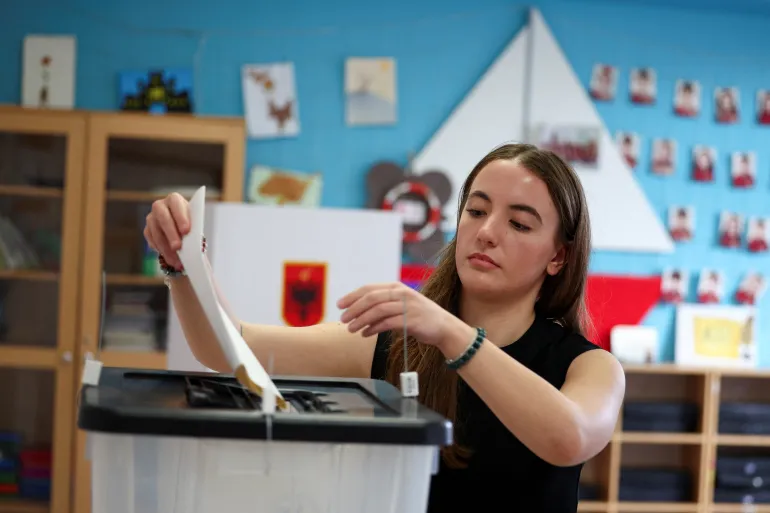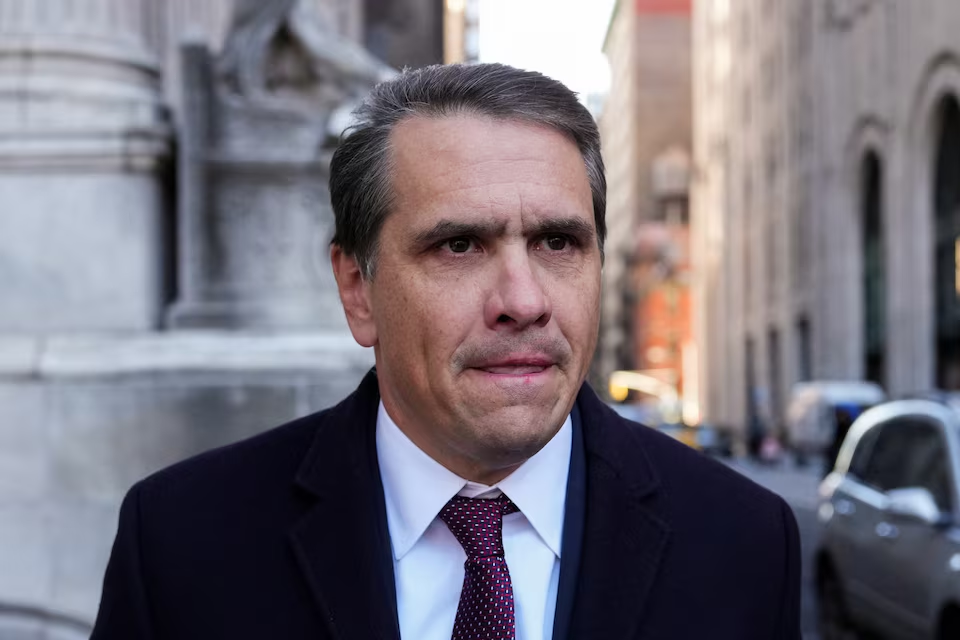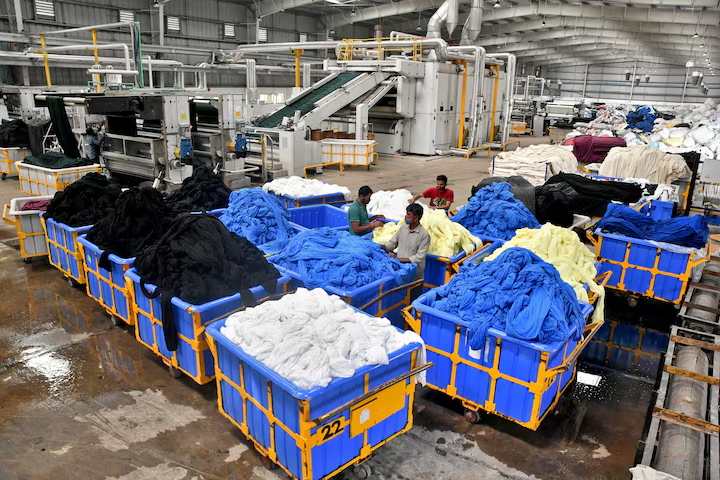On May 11, 2025, Albania held its general elections, with Prime Minister Edi Rama seeking an unprecedented fourth term. The campaign was dominated by promises of European Union membership and allegations of corruption. Polling stations operated from 7 a.m. to 7 p.m. local time, and results were expected by Tuesday, according to the head of the Election Commission, Ilirjan Celibashi.
Approximately 3.7 million Albanians, including hundreds of thousands residing abroad, were eligible to vote. Notably, this election marked the first time that members of the diaspora could cast their ballots by mail. The Central Election Commission reported a turnout of 41.17%, with Celibashi stating that the election was generally conducted in line with required norms and standards.
Edi Rama, leading the governing Socialist Party since 2013, positioned himself as the architect of Albania’s EU future. He pledged that the country would join the bloc by 2030, reiterating this promise at his final rally: “We will get our fourth mandate, and we will not lose a single day for Albania 2030 in the EU.”
Rama’s main rival, 80-year-old Sali Berisha, a former president and prime minister, leads the conservative Democratic Party. Despite being banned from entering the United States and the United Kingdom over alleged corruption—which he denies—Berisha has retained a loyal following and adopted slogans including “Make Albania Great Again.”
The political contest is, in many ways, a rematch of old rivals. Rama and Berisha have dominated public life since the fall of communism in 1990. Many younger voters have grown disillusioned with both. Some expressed intentions to vote for new politicians, while others planned to abstain entirely, citing a desire to emigrate for better opportunities.
The campaign trail shifted largely to social media platforms. However, a yearlong TikTok ban—imposed over online bullying and incitement—led to accusations of censorship. The Democratic Party enlisted American political strategist Chris LaCivita, known for his role in U.S. President Donald Trump’s 2024 campaign, to sharpen their message.
With the Socialist Party potentially needing allies to retain their narrow majority, smaller parties could prove decisive in shaping the next government. As Albania continues its pursuit of EU membership, the election results underscore both the country’s aspirations and the challenges that lie ahead.
Source: Al Jazeera



